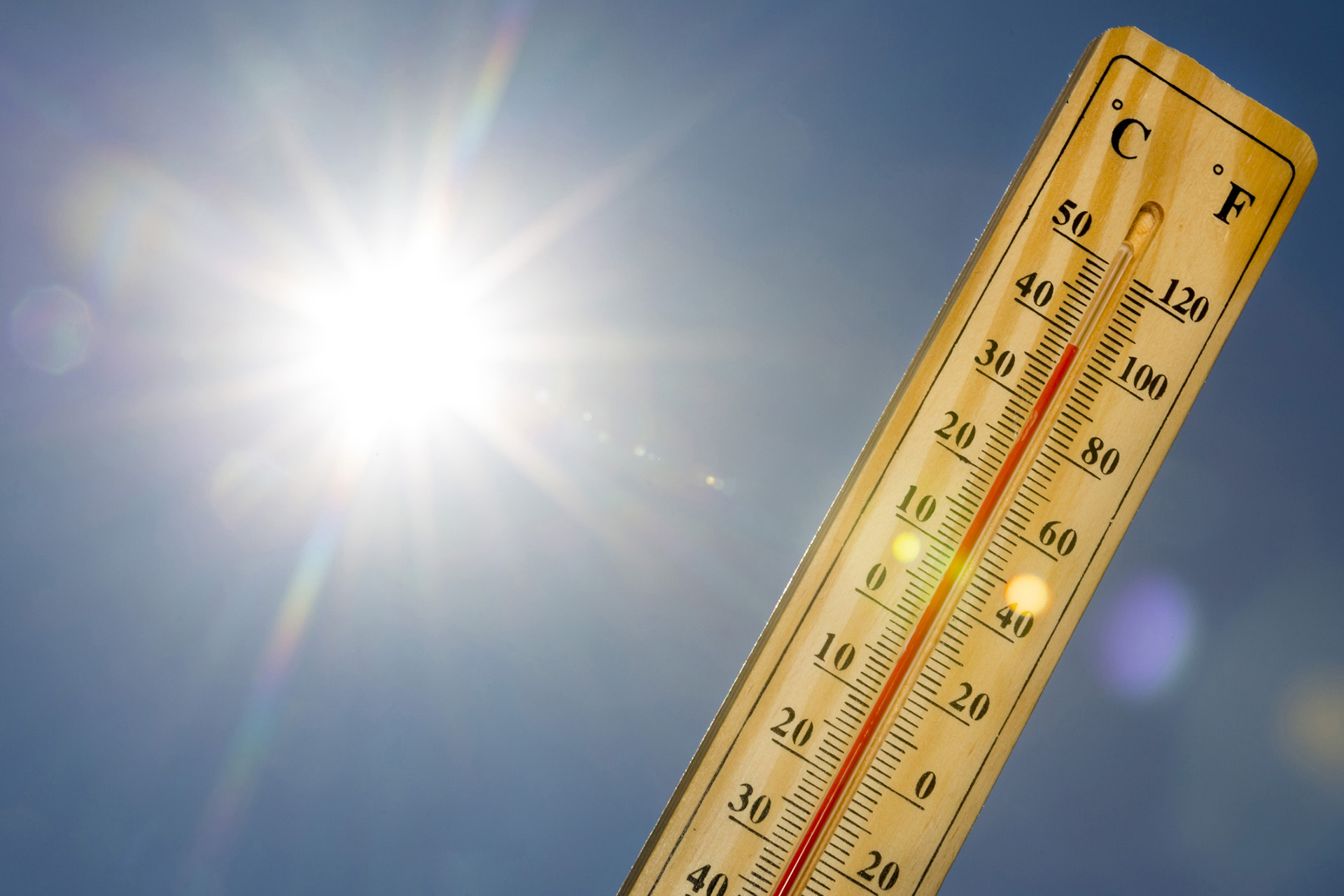Did Anyone Say Global Warming?


It’s been a beauty.
According to Weather Underground, a commercial weather service providing real-time weather information over the internet, local temperatures reached or exceeded 80 degrees in 30 of July’s 31 days, peaking at 99 degrees July 21.
For resort communities like the Hamptons that rely on the weather to bring tourists to its beaches, nice weather is essential. But be careful what you wish for.
Europe is in the throes of the worst heat wave in recorded history, now going into its third month. All-time high temperatures have been reported in Belgium, Germany, Luxembourg, the Netherlands, and the United Kingdom. It has killed at least 13 people and thousands of animals.
But a heat wave here? No. Instead, the number of 90-degree days in July hereabouts on average has more than doubled in the last century.
“1988 was a brutal summer,” recalled meteorologist George Wright, who is seen on “Good Morning America,” WPIX, and was a regular weather broadcaster on WLNY for 10 years. He said there were 40 days over 90 degrees that summer, versus a half-dozen so far this season. There were several years in the 1990s that experienced hotter-than-normal summers out here as well.
“The number of nights when the temperature doesn’t fall below 70 has more than doubled since 1930,” said Christopher Gloninger, a 2002 Pierson High School graduate and meteorologist for WBTS, an NBC affiliate in Boston.
The overall trend though, locally, and on a global scale, is rising temperatures will lead to rising water levels, which also means flooding. Statistics indicate that conclusion is inescapable.
Old-timers recall Main Street in Bridgehampton flooding after the hurricane in 1938. A major hurricane here nowadays would be “terrifying over every level of local government,” Gloninger added.
In June, temperature records were broken in eight countries, including France, the Czech Republic, and Switzerland. France reached a scorching 45.9 degrees Celsius (114.6 Fahrenheit) June 28.
According to a special CNN report, many European cities are not designed to deal with such temperatures: Less than five percent of all European households have air-conditioning.
“That’s huge. People need the overnight to off,” Gloninger said. When that doesn’t happen, “heat exhaustion and heat stroke occur.”
The results of unabated heat are felt in almost every facet of life — public transportation grinds to a halt; utilities are taxed; senior citizens find it difficult to function.
The culprit for the heat wave was a high-pressure system that stubbornly parked itself over Greenland, causing a record-breaking glacial melt that exacerbated rising water levels. In a single day, 12.5 billion tons of ice was lost August 1. Europe’s record heat melted Swiss glaciers.
Although Wright points out you never see a shark in the winter, because they like the warmer weather, Gloninger said the trend, especially out in the Hamptons, will continue to accelerate. The biggest concern is increased levels of CO2 and the exacerbated temperatures that come with it. The sea level is rising, pushing what sharks eat closer to the shore, and they naturally follow their food, Gloninger said.
After studying the damage done by recent hurricanes, Gloninger said a Category One hurricane would cause massive local destruction. He is meeting with Sag Harbor officials this week, adding he believes large swatches of the village would end up under water.
Thankfully, we have had enough rain to stave off drought conditions, but if the heat doesn’t break, people are warned to take extra precautions. One is to keep physical activity in check. “Perspiration builds, if there is no cooling, and the risk of stroke develops,” Wright said. “That’s why you see football players collapse this time of the year.”
Animals feel it, too. Several race horses have died mysteriously in the United States this year. Wright pointed out it really affects anything with hair, saying he observed a pigeon, lying near a water fountain, opening and closing its wings up in the air. “I thought he was sick, but he was just hot,” Wright said. Even fish feel it. “I’m a big trout fisherman, but I never go fishing in the summer,” he added.
Climate change has become a political hot potato, but as the data accumulates, it is becoming apparent that we are experiencing global warming, Gloninger said.
The World Weather Attribution, an international partnership that brings together researchers from universities and other prominent institutions to examine the possible influence of the climate crisis on various extreme weather events, has come to the same conclusion. “The July 2019 heat wave was so extreme over continental Western Europe that the observed magnitudes would have been extremely unlikely without climate change,” the WWA stated.
rmurphy@indyeastend.com



